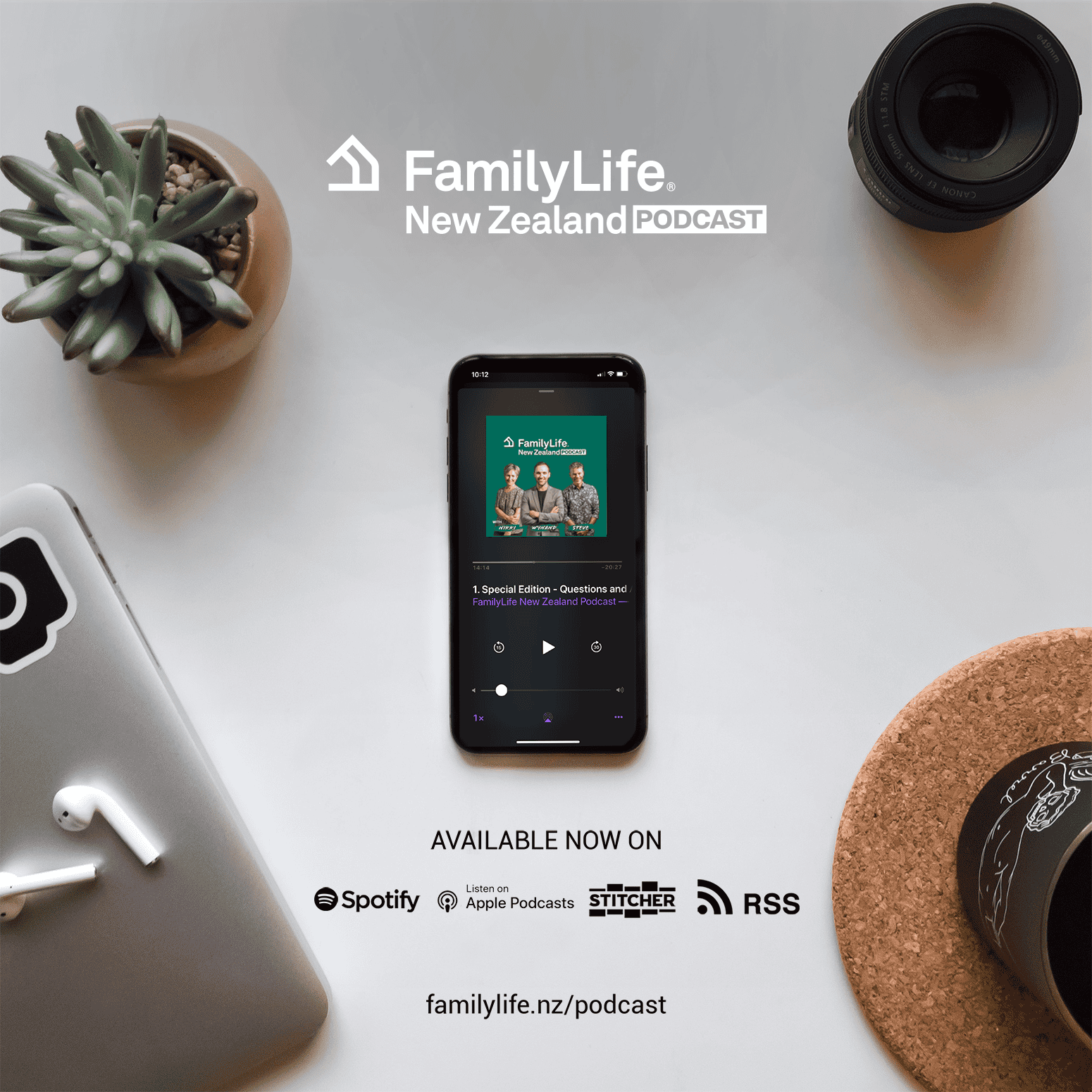Rugby season is upon us
Just yesterday Whittaker’s Chocolate launched their new limited edition blocks to support the All Blacks. The flavour of ‘Home’ is flat white and ‘Away’ is the delicate flavour of Japan, Matcha with pistachios.
And so I thought I’d have some rugby fun of my own.
In order to avoid a breakdown in your relationship, some good communication skills can be extremely useful. If we commit to trying these, however awkward they may seem at first, over time we can convert a difficult relationship into a successful one.
Crouch
So let’s talk about the first phase. “Crouch” – it’s always a good idea to crouch before heading into a possible confrontation or a difficult conversation. In other words, spending some time humbling ourselves and asking some good questions would serve us well.
The following questions have helped me. What’s really going on here Nikki? Is this issue due to your own insecurities? What habits of your own have contributed to this issue? What outcome are you after? Do you truly want to heal and restore or are you trying to get points on the scoreboard?
I know in rugby we aim to keep the ball moving forward by being on our feet, but in marriage, we keep moving forward by taking the time to crouch and pray before heading into a ‘scrum’. The more clarity and understanding we have over our own feelings and perceptions the better the game will flow, and it will avoid us from being blindsided.
Touch
The second phase. “Touch” – I’m not necessarily referring to physical touch here, although marriage counsellors have suggested that it’s hard to continue to be angry with one another while holding hands and touching. I’m referring more to how our communication touches another person’s heart – for good or for bad.
Therefore we need to take time to ensure the words we say, and how we say them, are carefully expressed. We want our words to touch the other person in a beneficial way rather than a destructive way. So speak the truth in love, with respect and grace – remembering there’s a person’s heart involved.
We also touch one another’s hearts when we take the time to listen. Remember it’s a team game, not a solo sport – we’re after a discussion, not a monologue.
Partners and children tune out to monologues.
Set
The third phase. “Set” – once we’ve taken the time to humble ourselves, express ourselves carefully and to listen, we’re in a good frame of mind to ‘set’ the course for a healthy discussion.
I had an incident a couple of weeks ago with my daughter and son-in-law, and it worked out well because we followed this procedure. I was deeply upset about an incident and spent some time identifying why I was so emotional – their comments had pushed some buttons.
I prayed about my shortcomings and then chatted to them about why I had reacted so emotionally. We each listened, apologised and then expressed what was needed going forward. There was a temptation to ‘high tackle’ at times but that would have meant being ‘sent off’, and in order to win we have to remain in the game.
When we are committed to playing the game well we can gain relationship territory but sometimes there have been too many ‘high tackles’ and we need to consider getting a ‘prop’ (definition of a prop – they provide the main power in pushing forward and need to be exceptionally big and strong). Choose your counsellor wisely 🙂
Unlike rugby though, we don’t want a winner and a loser. If one wins then we’ll go to bed with a loser – and we don’t want that!
If the final result is a win-win then we will indeed have a successful home game.
(This article was first published in October 2019.)







